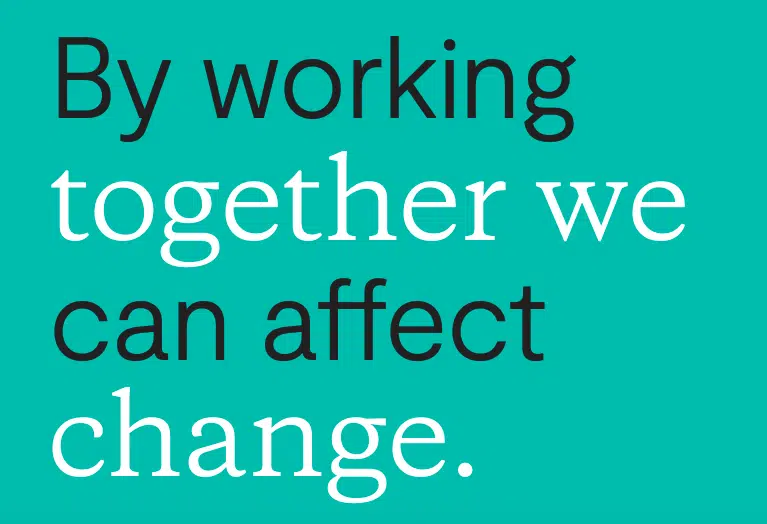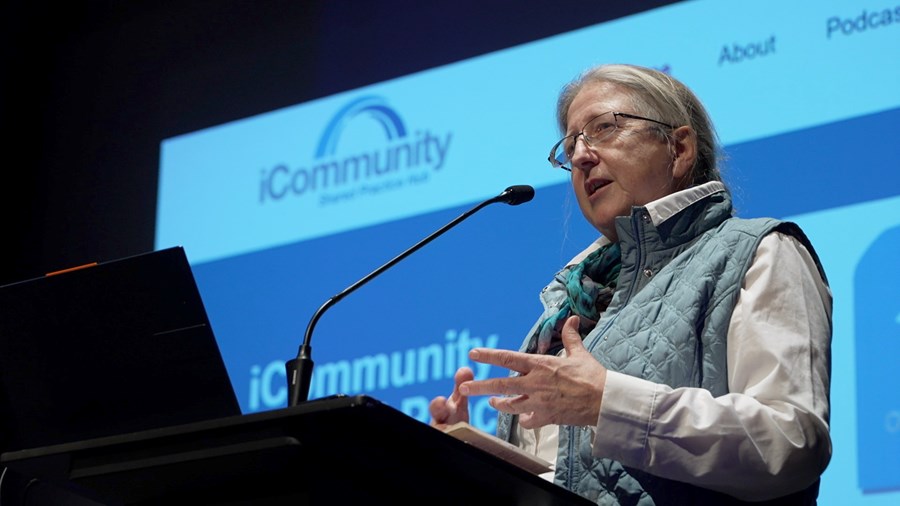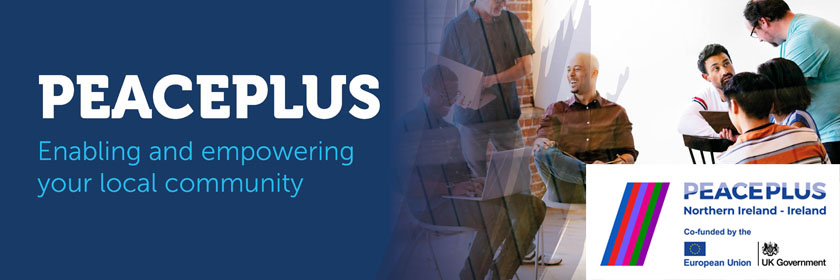Building Capacity for the Cultural Industries: Towards a Shared Island Approach for Dance and Theatre

A recent research project Building Capacity for Cultural Industries: Towards a Shared-Island Approach that took place from December 2021 to November 2022 has published its findings. Dr Victoria Durrer from University College Dublin led the project in partnership with Dr Aoife McGrath from Queen’s University Belfast, and representatives from Theatre & Dance Northern Ireland, Arts Council Northern Ireland, Dance Ireland, and Dylan Quinn Dance Theatre. The project also involved Cavan County Council Arts Office, British Council Ireland, and Arts Council Ireland/An Chomhairle Ealaíon as core research participants, with Dr Emma McAlister serving as the Research Assistant.
The project sought to explore the extent of shared resources, finances, and networks across the island of Ireland within the professional dance and theatre sector. The aim was to identify what factors might enable or hinder the development of shared-island ties in the performing arts sector. The project recognized that the professional, publicly-subsidized performing arts of dance and theatre are an interconnected ‘cultural industry’ on the island of Ireland. However, project proposers had noted the limited documentation on the extent of these relationships, how they function, and with what impact. They felt that such a lack of understanding limits the ability to consider strengthening and nurturing these industries collectively and within the two jurisdictions of Northern Ireland (NI) and Ireland (IRL) in a post-Brexit and post-pandemic context.
The project’s report has gone a long way to address the knowledge gaps in the professional dance and theatre sector on the island of Ireland by beginning to identify the extent of shared resources, finances, and networks across the island of Ireland. In addition, it has determined some of the factors that enable or hinder the development of shared-island ties in the performing arts sector; and made recommendations about strategies that would strengthen and nurture the performing arts industries collectively and within the two jurisdictions of Northern Ireland (NI) and Ireland (IRL) in a post-Brexit and post-pandemic context.
The performing arts industry in Ireland has faced several challenges in recent years, including Brexit and the COVID-19 pandemic. These challenges have posed strategic challenges to the livelihoods of a highly mobile cultural workforce and regional competition in cultural tourism. The report highlights some of the opportunities and positive impacts of Cross-jurisdictional working in the arts industry which can lead to joint funding, one-off project funding, recognition funding, bi-jurisdictional accounts, shared resources, and increased risk-taking and creativity. It also provides peer-to-peer support, training, development, and raises visibility and profiles of arts workers and organizations to new audiences and markets, both regionally and abroad. Ultimately, cross-border working fosters cultural exchange and strengthens the arts industry on the island of Ireland.
In the post-Brexit and post-pandemic context, this project explains why it is crucial to recognize the labor of theatre and dance professionals, their aligned ways of working, their engagement with audiences, and the collaborative formal and informal working networks across Ireland. Public policies have largely neglected these factors, which has hampered the strategic development of the cooperative and competitive elements of Irish regional cultural industry development.
This research project and its resulting report has highlighted the importance of increasing awareness and attention to Shared Island concerns in the cultural industries and associated research communities. The project has generated much enthusiasm and drive to recognize and support interdependencies and champion cooperative and competitive relations in the dance and theatre sector. It makes the case that it is essential to continue supporting research and practice in this area to build sustainable initiatives and actions. The findings of this project can serve as a foundation for future collaborative efforts to strengthen and nurture the cultural industries collectively and within the two jurisdictions of Northern Ireland (NI) and Ireland (IRL) in a post-Brexit and post-pandemic context.


